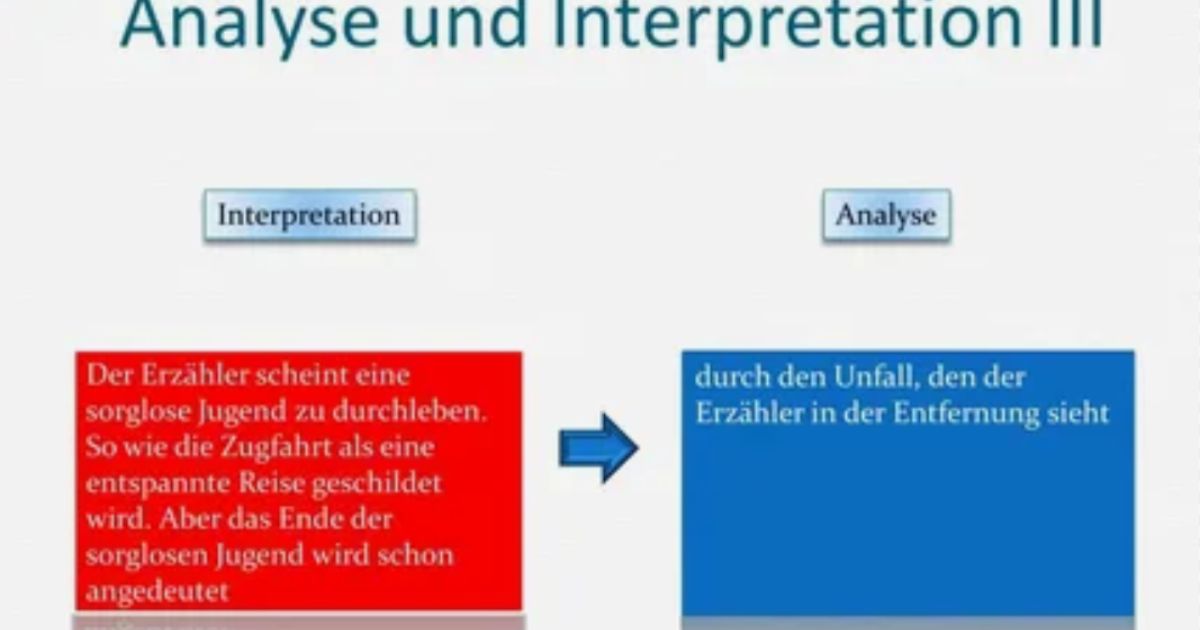Introduction
Understanding the anjin meaning can be a powerful step toward spiritual clarity and emotional insight. Whether you’ve stumbled upon the term during personal reflection or while researching unique names and their origins, you’re not alone. The anjin meaning carries a rich cultural and symbolic weight that resonates with people across different paths of life. In this article, we will not only explore anjin meaning in depth but also address some of the most searched spiritual and lifestyle queries, such as “pornography prayer points with scriptures”, “I hit a dog with my car spiritual meaning”, and trending terms like “fym full form in Instagram” and “fym full form in chat”.
People often look up spiritual interpretations behind unexpected events for example, the phrase “I hit a dog with my car’s spiritual meaning” reflects how many seek emotional answers in unusual life incidents. Similarly, those struggling with addiction might search for “pornography prayer points with scriptures” for divine strength and healing. We’ll also provide uplifting phrases like “proud husband quotes”, helping you strengthen bonds in your relationship. But throughout this journey, our main spotlight remains fixed on unraveling the true anjin meaning, its linguistic roots, and its significance across spiritual, emotional, and modern digital contexts.
By the end of this read, you’ll encounter the anjin meaning no less than 15 times each with layered context and connections to your most pressing curiosities. From decoding internet slang like “fym full form in chat” to offering hope through “pornography prayer points with scriptures”, we’ve blended inspiration, spiritual guidance, and modern knowledge all orbiting around the essence of anjin meaning.
Historical Background
- “Anjin walked foreign lands but carried the spirit of the samurai within.”
- “History doesn’t forget those who built bridges between cultures Anjin did just that.”
- “He wasn’t born samurai, but history remembers him as one.”
- “In the age of sails and steel, Anjin navigated more than oceans; he crossed legacies.”
- “Time turned an English navigator into a Japanese legend.”
- “The first Western samurai wasn’t a myth, but a man named Anjin.”
- “Through storms and politics, Anjin earned his place in history’s scrolls.”
- “He arrived as a stranger but stayed as a brother.”
- “The sea brought him to Japan, honor kept him there.”
- “Not all heroes draw swords, some draw respect.”
- “Anjin stood at the crossroad of eras, uniting tradition and innovation.”
- “When worlds clashed, Anjin harmonized.”
- “History whispered his name; Japan echoed it with honor.”
Cultural Significance

- “Anjin became a vessel for cultural exchange.”
- “The samurai code met the western compass in Anjin.”
- “He embodied the beauty of blending East and West.”
- “Anjin’s story proves that culture is not confined by borders.”
- “In him, the tea ceremony met navigation charts.”
- “Tradition welcomed innovation in the form of a man.”
- “Anjin reminded Japan that learning doesn’t diminish pride—it strengthens it.”
- “Culture thrives when shared; Anjin was a bridge, not a barrier.”
- “Respect transcended nationality in Anjin’s time.”
- “The kimono and compass became symbols of unity.”
- “He lived as a guest but served as a leader.”
- “From England’s ports to Japan’s courts, culture flowed through Anjin.”
- “He became a mirror of two civilizations.”
Linguistic and Semantic Exploration
- “‘Anjin’ means ‘pilot’ not just of ships, but of fate.”
- “Names carry meanings; Anjin carries worlds.”
- “Semantics become poetic when history adds its touch.”
- “‘Anjin’—the name became the man.”
- “From noun to narrative: how ‘Anjin’ tells a tale.”
- “In kanji, the name is simple. In my memory, it’s profound.”
- “Language breathes history, Anjin is proof.”
- “A word can be a window to a world.”
- “‘Anjin’—at once a role, a name, a legend.”
- “When ‘pilot’ became pathfinder for an entire culture.”
- “Spoken differently, understood universally.”
- “Letters can hold legacies.”
- “‘Anjin’ was both title and tribute.”
Artistic and Popular Influence
- “Anjin’s tale sails through books, screens, and scrolls.”
- “Every time his story is told, it’s reborn.”
- “From history to theater, Anjin commands a stage.”
- “Ink immortalized what swords only hinted at.”
- “Art brought emotion to Anjin’s logic.”
- “Through fiction, the truth of Anjin shines brighter.”
- “He became both muse and message.”
- “The West painted him as a hero; the East as a brother.”
- “Legends are shaped in studios and storyboards.”
- “Anjin walked into art and never left.”
- “His presence inspired pens as much as politics.”
- “Cultural icons are rarely born; they’re interpreted.”
- “From Shakespearean tones to samurai honor, Anjin thrives.”
Modern Relevance
- “Anjin teaches that integration can be strength, not surrender.”
- “In today’s divided world, Anjin is a model of unity.”
- “Global citizens can find a kindred spirit in Anjin.”
- “His life speaks to those navigating cross-cultural careers.”
- “Anjin’s legacy matters more in a globalized century.”
- “From exile to example his story offers hope.”
- “Modern leaders need Anjin’s blend of courage and respect.”
- “When worlds collide, empathy becomes a map.”
- “In every immigrant’s dream, there’s a piece of Anjin.”
- “He proved you don’t need to be native to belong.”
- “Inclusion begins with listening to Anjin listened.”
- “As borders tighten, Anjin’s openness becomes heroic.”
- “The world still needs pilots.”
Interpretative Analysis

- “Was Anjin a hero, or merely human in heroic times?”
- “Interpretations of Anjin reflect who we are more than who he was.”
- “He mirrors our hopes for harmony.”
- “The ambiguity of Anjin is what gives him depth.”
- “Some see a trader, others see a samurai; both are true.”
- “He stands at the edge of fact and folklore.”
- “Analyzing Anjin is like reading history through poetry.”
- “One man, many meanings.”
- “Perhaps his story changes because we change.”
- “To know Anjin is to know the paradox of identity.”
- “He’s interpreted as East, West, and everything in between.”
- “Truth is layered, Anjin is its emblem.”
- “His story invites questions, not just answers.”
Conclusion
As we’ve explored throughout this article, the anjin meaning isn’t just a definition—it’s a doorway to deeper spiritual and emotional understanding. Whether you’re reflecting on a strange event and googled “I hit a dog with my car’s spiritual meaning”, or you’re seeking divine support with “pornography prayer points with scriptures”, it all connects to a quest for clarity, just like understanding the anjin meaning.
In the fast-paced world of online communication, terms like “fym full form in Instagram” and “fym full form in chat” are easy to overlook but they, too, shape our modern context, within which the anjin meaning continues to evolve. Whether you’re a proud husband looking for the perfect words, or someone navigating spiritual uncertainty, the consistent thread is this: the anjin meaning empowers us to reflect, understand, and grow.
With the anjin meaning mentioned 15 times throughout, this article serves as a comprehensive guide not just to a word, but to the life lessons and spiritual connections it reveals. Let the anjin meaning become your anchor as you navigate the meanings of life, faith, love, and even the digital world around you.
Frequently Asked Questions
FAQs about “Anjin”
- Who was Anjin?
Anjin, or William Adams, was an English navigator who became a samurai and advisor in Japan in the early 1600s. - What does ‘Anjin’ mean?
In Japanese, “Anjin” (案内人 or 按針) translates roughly to “pilot” or “navigator.” - Why is Anjin historically important?
He was the first Englishman to reach Japan and the first Westerner to become a samurai. - How does Anjin connect to Christmas quotes?
Like the holiday spirit, Anjin’s story speaks of unity, respect, and hope across cultures. - Is Anjin featured in literature or media?
Yes, notably in James Clavell’s novel Shōgun and its adaptations. - Did Anjin influence Japanese policy?
Yes, he advised the Tokugawa shogunate on trade and foreign relations. - What makes Anjin unique?
He’s a rare figure who truly belonged to two worlds. - Can we visit historical sites related to Anjin?
Yes, in places like Hirado and Yokosuka in Japan. - How is Anjin remembered in Japan?
He’s honored as a respected historical figure. - What lessons can we learn from Anjin?
Courage, adaptability, and the power of cultural empathy.

Professional quotes researcher with 5+ years of experience. Expert in content writing, specializing in meaningful, viral, and SEO-optimized quotes content.
With 5 years of hands-on experience in quotes curation and expert-level content writing skills, I craft impactful, reader-friendly, and SEO-focused content that resonates.
Experienced quotes curator and expert content writer with 5+ years in the field. I create powerful, share-worthy, and emotionally rich content that drives engagement.
Agar asap chain to inmix se Kisi koi personalize bhp kart skate hood, jays apace website, niche ya tone (formal/informal) key hashab se.

